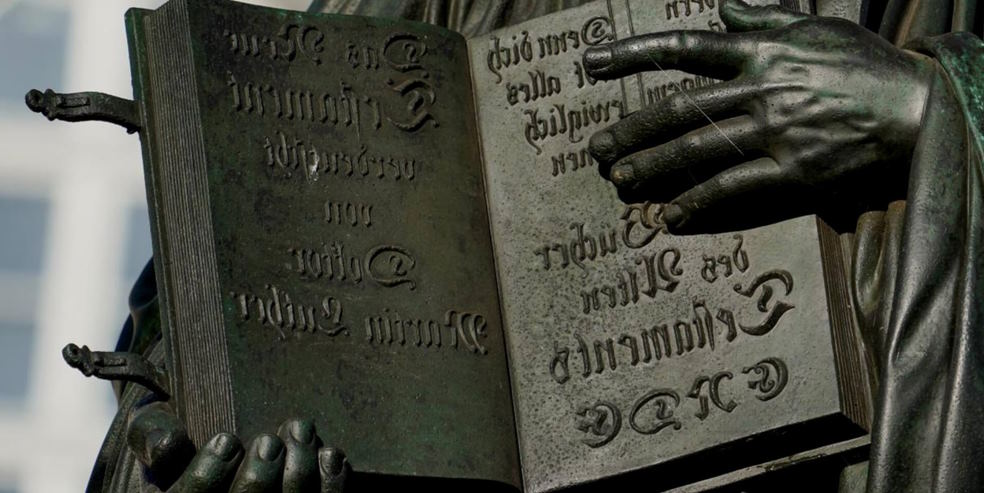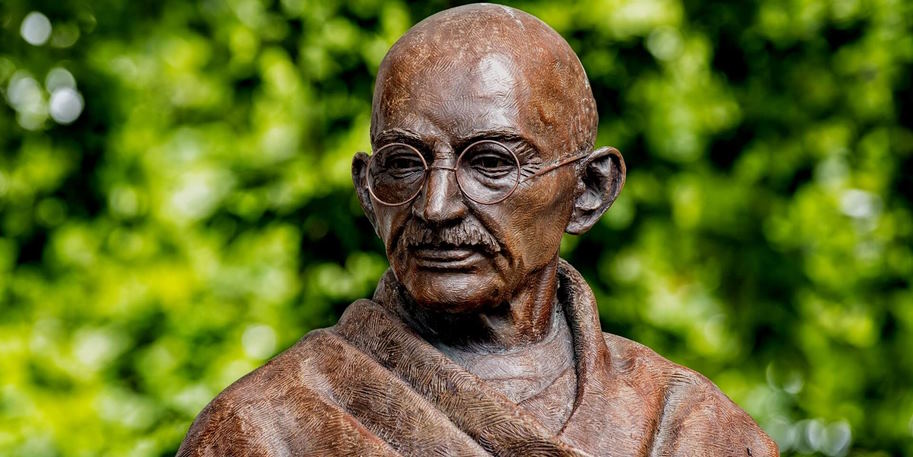Throughout Europe’s history, individuals have pushed for political reforms, challenging the status quo and striving to improve the lives of their fellow citizens. From social democrats to feminists to human rights activists, these reformers have played a crucial role in shaping Europe’s political landscape. This article will look at some of the most prominent political reformers in Europe’s past and present and their contributions to political change.
The Suffragettes
One of Europe’s most significant political reform movements was the fight for women’s suffrage. Women in Europe were denied the right to vote until the early 20th century, and it was not until after World War I that suffrage became a reality in most countries. Nevertheless, suffragettes such as Emmeline Pankhurst in the UK and Clara Zetkin in Germany played a critical role in the fight for women’s rights, organizing marches, protests, and hunger strikes to draw attention to their cause.

Social Democrats
Social democrats have been a driving force in European politics since the late 19th century. They advocate for greater social and economic equality and prioritize the well-being of the working class. Some of the most influential social democratic reformers in Europe include Clement Attlee in the UK, Willy Brandt in Germany, and Olof Palme in Sweden. These politicians implemented policies such as nationalized healthcare, labor rights, and progressive taxation, which have still shaped European social welfare systems.
Human Rights Activists
The fight for human rights has been a significant political reform movement in Europe for decades. From the anti-apartheid movement in the 1980s to the current refugee crisis, human rights activists have fought to promote equality and justice for all. Figures such as Vaclav Havel in Czechoslovakia, Lech Walesa in Poland, and Malala Yousafzai in the UK have been vocal advocates for human rights, risking their lives to challenge oppressive regimes and promote democratic values.
Political reformers have been instrumental in shaping Europe’s political landscape, challenging traditional power structures and advocating for progressive change. For example, the suffragettes fought for women’s rights, social democrats championed economic equality, and human rights activists fought for justice and democracy. As Europe continues to face new challenges in the 21st century, it is important to remember these reformers’ contributions and continue their work to promote a more equitable and just society.




































